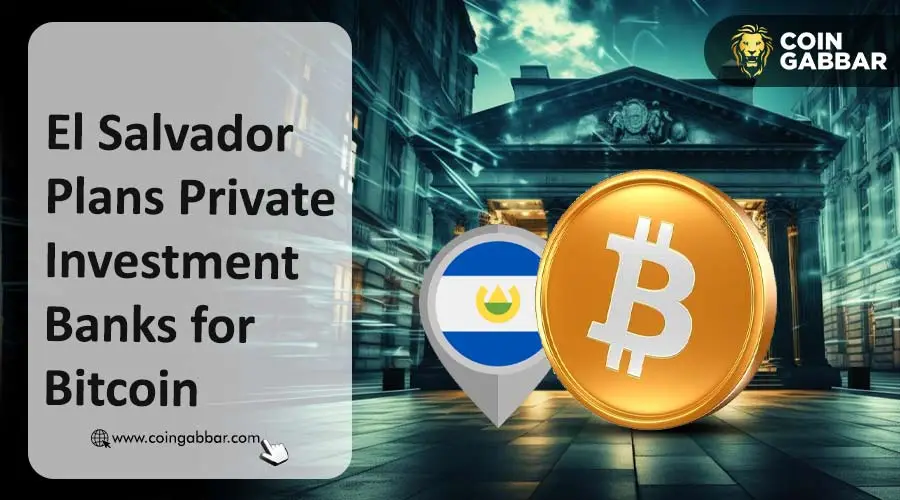
El Salvador's President Nayib Bukele has unveiled a visionary proposal to establish private investment banks that will offer financial services in both Bitcoin and U.S. Dollars. This bold move, if approved, aims to provide investors with diversified financing options and fewer restrictions compared to traditional banking institutions.
Under the proposal, the Bank for Private Investment (BPI) will revolutionize the financial landscape of El Salvador by allowing transactions and operations in Bitcoin alongside the U.S. Dollar. Announced by Salvadoran Ambassador to the United States, Milena Mayorga, the plan highlights the government's commitment to integrating cryptocurrency into the nation's economy. This initiative aligns with President Bukele's broader economic strategy, which seeks to attract global investors and foster economic growth through innovative financial solutions.
Senior Bitcoin advisor to Bukele, Max Keiser, emphasized the transformative potential of this legislation, noting the optimistic economic forecast by Ark Invest CEO Cathie Wood. Wood has predicted that El Salvador’s real GDP could increase tenfold over the next five years, a prospect that seems more attainable with the introduction of BPI.
Flexible Financial Operations: Unlike traditional banks, the BPI will not be bound by stringent laws that restrict engagements with overseas banks or finance companies linked to their shareholders. This flexibility is expected to attract a wide range of investors.
Elimination of Loan Restrictions: The proposed banks will not be subject to the prohibition of granting credit or assuming risks beyond 25% of their Asset Fund in relation to a single entity. This change aims to encourage more dynamic and expansive investment practices.
Capital Requirements: To ensure stability and credibility, BPIs must be established with a minimum share capital of $50 million and at least two shareholders, who can be foreign nationals.
The introduction of BPIs is anticipated to have a significant impact on El Salvador’s economy. By offering investment options in both Bitcoin and U.S. Dollars, these banks are expected to attract a diverse group of investors, thereby boosting economic activity and fostering innovation. Moreover, this move could position El Salvador as a global leader in the integration of cryptocurrency into national financial systems.
Despite the ambitious proposal, the legislation has yet to receive approval. As of now, El Salvador’s Technology, Tourism, and Investment Commission, under the direction of Minister of Economy María Luisa Hayem, has not put the reform to a vote or called for consultations with officials to discuss the project’s objectives. The next steps will involve rigorous debate and scrutiny by lawmakers to determine the feasibility and potential benefits of the proposed BPIs.
Hence, President Bukele’s proposal for the Bank for Private Investment represents a significant shift towards embracing cryptocurrency as a mainstream financial tool. If successful, this initiative could not only transform El Salvador's banking sector but also set a precedent for other nations considering similar integrations of digital currencies. As the world watches closely, the outcome of this legislative proposal will be a critical indicator of the future trajectory of cryptocurrency in global finance.
By creating a financial system that integrates Bitcoin, El Salvador is poised to become a pioneer in digital currency adoption. This move is expected to drive economic growth, attract foreign investment, and position the nation as a leader in the global cryptocurrency landscape.
Also Read :- Top 5 DePIN Tokens to Boost Crypto Earnings in 2024
